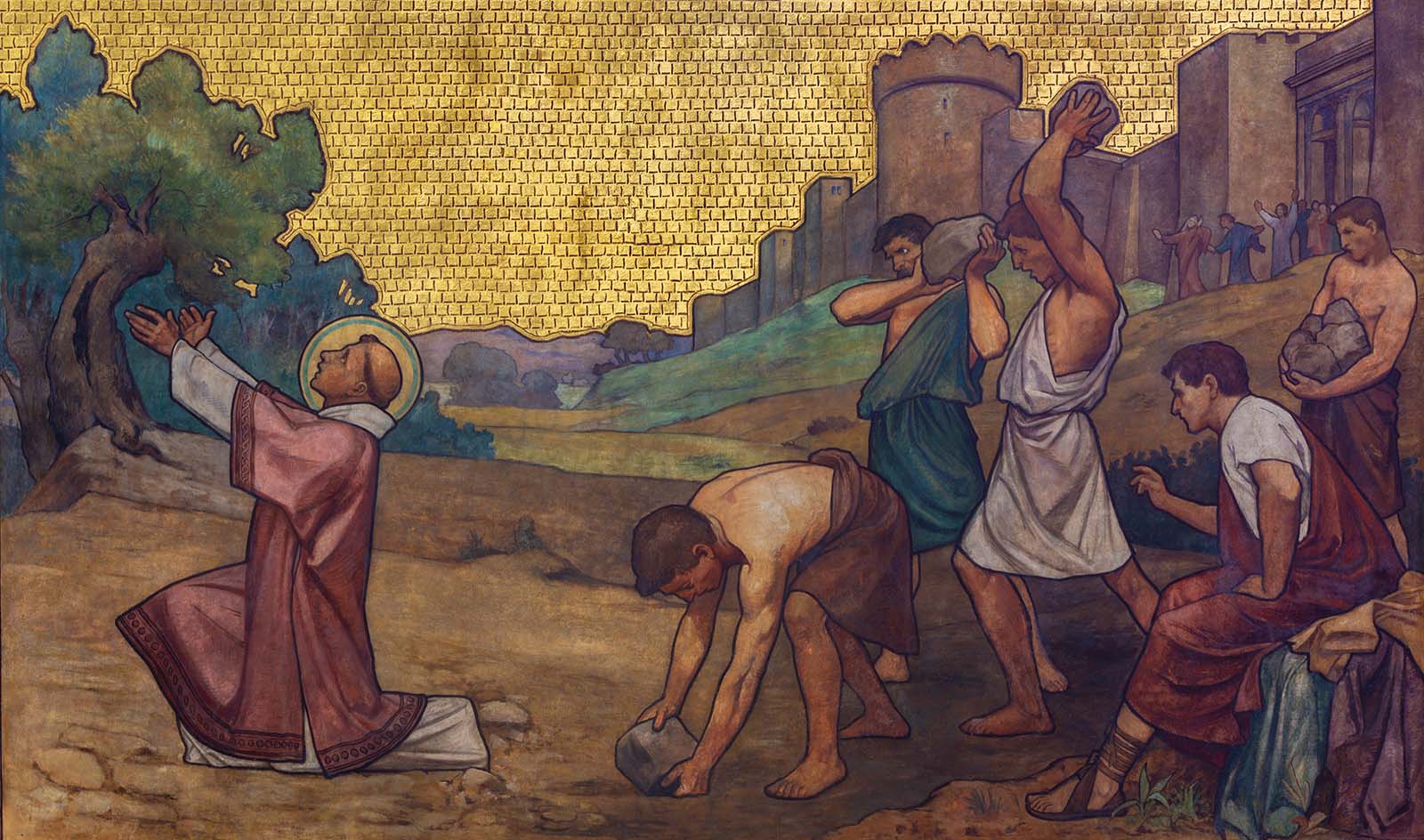“There are six things which the LORD hates, seven which are an abomination to him” (Proverbs 6:16). The seven deadly sins (or capital vices) are “works of the flesh”—temptations or habits—that directly lead to the kind of behaviors that “those who do such things shall not inherit the kingdom of God” (Galatians 5:21). The deadly sins are pride, greed, lust, envy, gluttony, wrath, and sloth. Here is a short description of each:
Pride or hubris—the sin of Lucifer—exalts ourselves over God severing our souls from him. It fails to acknowledge God as God and ignores his image and likeness in others—the source of human dignity. Pride seeks to supplant and destroy God, a “complete anti-God state of mind,” according to C.S. Lewis.
Greed makes material possessions the goal of our existence, instead of God. It often leads to stealing, fraud, or abuse of authority. Envy is discontent over another’s good fortune with desires to possess it. It keeps us from seeing God’s generosity towards ourselves and may lead us to cause others’ misfortune by ruining their reputation. It can even lead to hatred and murder, as Cain did with Abel.
Lust makes sensual pleasure the object of our desires instead of God. It leads to fornication, adultery, pornography, and other carnal acts. Gluttony is the overindulgence of animal needs to the neglect of our spiritual needs and the needs of others. Wrath is uncontrolled rage that uses fear, hatred, and violence to control others for selfish purposes.
Sloth or acedia fails to respond—with our whole heart, mind, strength, and soul—to God’s love, to his total gift of self. Such lack of effort is seen in the neglect of our work, duties, charity toward others and failure to love others as ourselves. The only thing necessary for evil to triumph is for the good to be lazy.
All the capital sins cause unhappiness. We can look upon the corresponding virtue as a real “martyrdom,” a real dying to self.
We fight pride with humility: “He who humbles himself will be exalted” (Luke 18:14), like “the tax collector, standing far off, would not even lift up his eyes to heaven, but beat his breast, saying, ‘God, be merciful to me a sinner’” (Luke 18:13). Humility is a real sacrifice that leads us to serve our God that we see in others.
We counter greed with detachment and generosity, using our possessions to serve God and others. Generous almsgiving means dying to our own selfishness, granting us true freedom. Gratitude for all the good things God gives us moves us to trust that everything “works for good with those who love” God (Romans 8:28), including what he has given others. This kills off all envy.
Chastity—purity of love—means dying to sensual attraction of the flesh so as to be able to love with our whole body and soul. Temperance helps us control our desire for food and drink, giving us the freedom to care for our spiritual needs and those of others. Patience enables us to die to ourselves (killing our wrath) by enduring difficulties and hardships so as to seek the good of our love.
Industriousness is the fruit of love, overcoming our tendency toward comfort and laziness in order that good may abound in the world and that the Kingdom of God may prosper.
Let us strive to become real martyrs to sin—especially to the capital sins—and be true witnesses of virtue to those around us.


